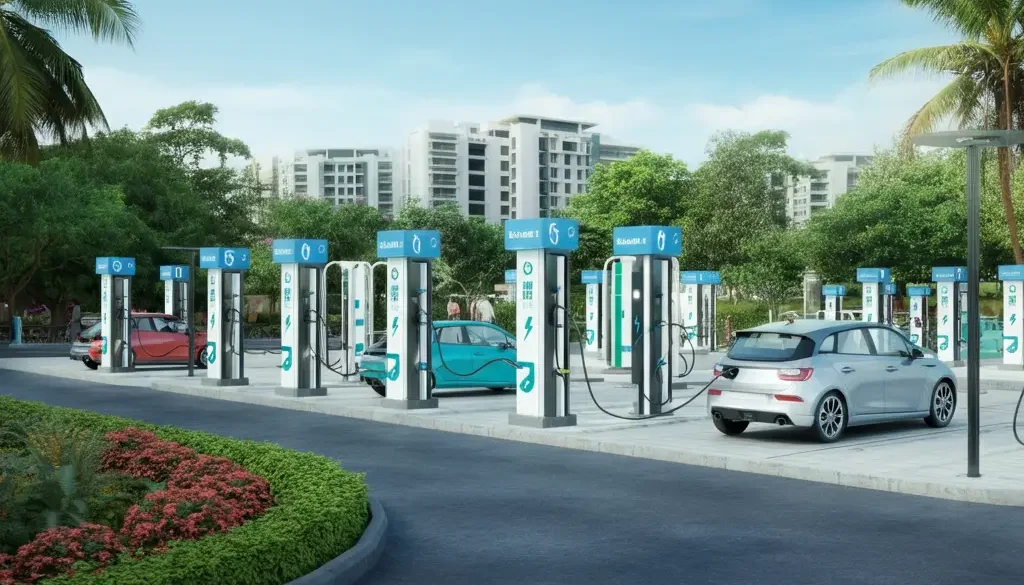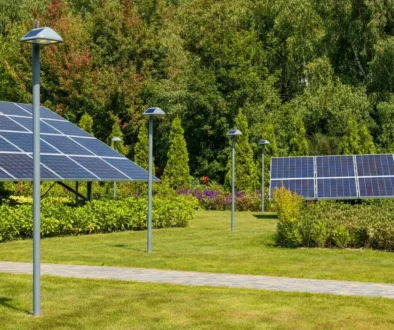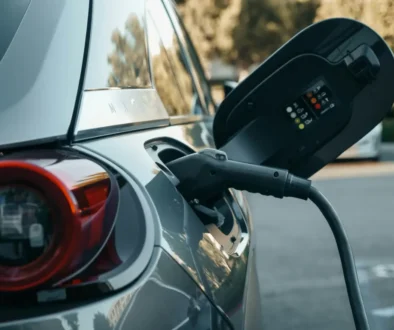EV Charging Stations in Kochi: Powering Kerala’s Electric Revolution
Kochi stands at the forefront of India’s electric vehicle transformation. As Kerala’s commercial capital embraces sustainable transportation, the city’s EV charging infrastructure is rapidly expanding to meet growing demand. This shift represents more than just technological progress; it’s reshaping how residents think about mobility, environmental responsibility, and urban development.
The electric vehicle revolution in Kochi isn’t happening by accident. Government initiatives, private investments, and public awareness campaigns are driving unprecedented changes across the city’s transportation landscape. From busy commercial districts to residential neighborhoods, charging stations are becoming as common as traditional fuel pumps.
Current State of EV Infrastructure in Kochi
Kochi’s EV charging network has grown exponentially over the past three years. The city currently hosts over 150 public charging stations, with coverage extending from Aluva in the north to Tripunithura in the south. This network includes both DC fast chargers and AC slow chargers, catering to different vehicle types and charging needs.
Major commercial areas like Marine Drive, MG Road, and Kakkanad IT corridor feature high-density charging clusters. These locations serve the dual purpose of convenience and visibility, encouraging more residents to consider electric vehicles for their daily commutes.
The Kerala State Electricity Regulatory Commission (KSERC) has established standardized tariff structures for public charging. Current rates range from ₹6 to ₹12 per unit, depending on the charging speed and location. This competitive pricing makes electric vehicle ownership financially attractive compared to traditional fuel costs.
Public-private partnerships have accelerated infrastructure development. Companies like Tata Power, Ather Energy, and ChargeZone have established significant presences in Kochi. Their investments total over ₹50 crores in charging infrastructure alone, demonstrating strong confidence in the market’s potential.
Government Initiatives Driving EV Adoption
The Kerala government’s Electric Vehicle Policy 2021 specifically targets urban centers like Kochi for rapid EV infrastructure development. This policy includes substantial subsidies for both vehicle purchases and charging station installations.
Under the policy, commercial establishments can receive up to 50% subsidies for installing charging stations. Residential complexes with more than 20 units are eligible for similar incentives. These measures have resulted in over 80 private charging points being established across Kochi’s residential areas.
The Kochi Metro Rail Limited (KMRL) has integrated EV charging facilities at several metro stations. This multimodal approach encourages commuters to use electric vehicles for first and last-mile connectivity. Stations at Aluva, Ernakulam Junction, and MG Road now feature dedicated EV parking and charging zones.
Local authorities have also mandated EV charging provisions in new commercial and residential developments. Buildings seeking occupancy certificates must now demonstrate adequate charging infrastructure based on their size and expected vehicle capacity.
Recent Technological Developments
Battery technology improvements are making electric vehicles more practical for Kochi’s diverse transportation needs. New lithium-ion battery chemistries offer ranges exceeding 400 kilometers on single charges, addressing range anxiety that previously deterred potential buyers.
Fast-charging technology has revolutionized the user experience. Modern DC fast chargers can replenish 80% battery capacity in under 45 minutes. This capability transforms long-distance travel within Kerala, making cities like Thiruvananthapuram and Kozhikode easily accessible from Kochi.
Smart charging solutions are becoming standard across the city. Mobile apps allow users to locate available charging stations, reserve time slots, and make digital payments. Real-time monitoring prevents unnecessary trips to occupied charging points.
Vehicle-to-grid (V2G) technology is being piloted in select locations. This innovative approach allows EVs to sell excess power back to the grid during peak demand periods. Early trials suggest significant potential for reducing electricity costs and improving grid stability.
Economic Impact on Local Communities
The EV ecosystem is creating substantial employment opportunities in Kochi. Manufacturing facilities for EV components, charging station maintenance, and specialized automotive services are generating thousands of new jobs.
Local entrepreneurs are capitalizing on EV adoption trends. Small businesses offering battery swapping services, mobile charging solutions, and EV maintenance are emerging across the city. These ventures require relatively low initial investments while addressing genuine market needs.
Tourism sector benefits are becoming apparent as well. Electric rickshaws and taxis provide quieter, cleaner transportation options for visitors. Several hotels and resorts now offer complimentary EV charging as premium amenities.
Property values in areas with robust charging infrastructure are showing premium appreciation. Real estate developers report increased demand for residential projects that include dedicated EV charging facilities.
Environmental Benefits and Sustainability
Air quality improvements in Kochi correlate directly with increased EV adoption. Recent studies indicate 15% reductions in particulate matter concentrations along major roads with high EV traffic volumes.
Kerala’s abundant renewable energy resources make EVs even more environmentally beneficial. Solar and hydroelectric power generation means that EVs in Kochi operate with significantly lower carbon footprints compared to cities relying on coal-powered electricity.
Noise pollution reductions are particularly noticeable in residential areas. Electric two-wheelers and cars generate minimal operational noise, contributing to more peaceful urban environments.
The ripple effects extend beyond transportation. Reduced demand for petroleum products decreases Kerala’s dependence on imported fuels, improving the state’s trade balance and energy security.
Challenges Facing EV Infrastructure Development
Grid capacity constraints pose ongoing challenges for rapid charging station deployment. Peak demand periods sometimes strain local electrical infrastructure, requiring careful coordination between charging operators and electricity utilities.
Land acquisition for charging stations remains expensive in Kochi’s dense urban areas. High real estate costs force operators to seek creative solutions like rooftop installations and shared facility arrangements.
Consumer education needs continue expanding. Many residents remain unaware of available charging options or worried about battery reliability. Comprehensive awareness campaigns are essential for maintaining adoption momentum.
Maintenance infrastructure for EVs is still developing. While basic servicing is increasingly available, specialized repairs for advanced EV components often require sending vehicles to distant service centers.
Opportunities for Future Growth
Kochi’s strategic location offers excellent opportunities for EV corridor development. The city serves as a natural hub for electric vehicle travel throughout Kerala and to neighboring Karnataka and Tamil Nadu.
The upcoming Kochi-Bangalore industrial corridor presents massive potential for commercial EV adoption. Freight operators are already evaluating electric trucks for goods transportation along this route.
Integration with Kochi’s water transport system could revolutionize urban mobility. Electric ferries and water taxis could provide seamless connections between the mainland and nearby islands.
The city’s thriving IT sector presents unique opportunities for advanced EV technologies. Local companies are developing charging management software, battery monitoring systems, and vehicle tracking solutions.
Looking Ahead: The Road to 2030
Kochi aims to achieve 30% electric vehicle penetration by 2030. This ambitious target requires sustained investment in charging infrastructure, continued government support, and ongoing public engagement.
Battery recycling facilities will become crucial as the first generation of EVs reaches end-of-life. Establishing local recycling capabilities will create additional employment while ensuring environmental responsibility.
Autonomous electric vehicles may transform Kochi’s transportation landscape within the decade. Pilot programs for self-driving electric buses and taxis could begin as early as 2026.
The convergence of EVs, renewable energy, and smart city technologies positions Kochi as a model for sustainable urban development. Success here could provide blueprints for similar transformations across India.
Conclusion: Embracing the Electric Future
Kochi’s electric vehicle revolution demonstrates how coordinated policy, private investment, and public enthusiasm can transform urban transportation. The city’s growing charging network, supportive government policies, and environmental benefits create compelling reasons for continued EV adoption.
Challenges remain, but opportunities far outweigh obstacles. As technology improves and costs decrease, electric vehicles will become the preferred choice for more Kochi residents. The foundation being built today will support decades of sustainable transportation growth.
For residents considering electric vehicles, the timing has never been better. Robust charging infrastructure, attractive incentives, and improved vehicle options make the transition both practical and rewarding. Kochi’s electric future is not just approaching—it’s already here.
Keep Your Panels Shining! Want more power and longer life from your solar system?




